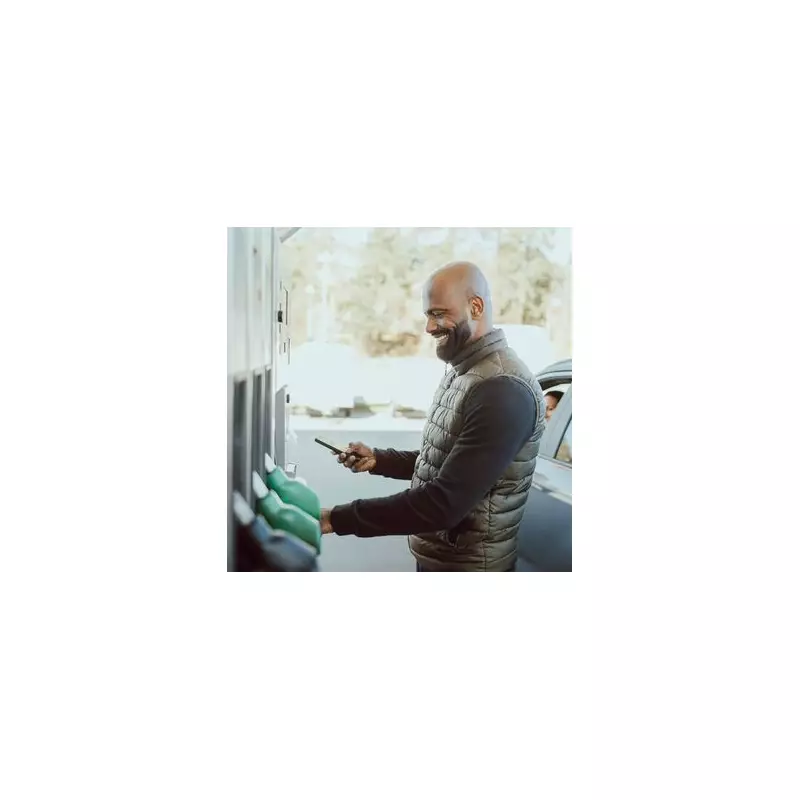
British motorists could be missing out on thousands of pounds in annual fuel savings by overlooking a standard feature already installed in their cars, according to leading experts.
The Overlooked Dashboard Switch
Specialists from Radius, the UK's premier fuel card provider, have identified the cruise control button as a crucial tool for dramatically reducing both petrol and diesel consumption. Despite being fitted in virtually all modern vehicles, this technology remains among the most underutilised fuel-saving features available to drivers today.
Kerry Fawcett, a specialist at Radius, explained the system's straightforward operation: "Cruise control is designed to keep your car moving at a steady speed without you having to keep your foot on the accelerator. Once you reach your desired speed on a flat stretch of road, you simply press the cruise control button to 'set' it."
Substantial Financial Savings Revealed
The potential savings are substantial. On flat, steady motorway journeys, using cruise control can improve fuel efficiency by around 14%, saving drivers between £1.35 to £1.65 in fuel for every hour of driving.
Radius calculated these figures based on typical UK motorway driving conditions at 70 mph, using standard vehicle fuel economy estimates of 40 mpg for petrol cars and 50 mpg for diesel vehicles. At this consistent speed, cars would burn approximately 7.96 litres of petrol and 6.36 litres of diesel per hour without cruise control engaged.
The experts noted that according to steady-speed driving research, this typically translates to savings of about 1.11 litres of petrol and 0.89 litres of diesel every hour on Britain's roads.
National Impact of Widespread Usage
The collective impact of more drivers using this feature could be transformative for national fuel consumption. With over 200,000 vehicles using the UK's busiest motorways each day, proper cruise control usage could result in:
- £270,000 to £330,000 saved daily across all motorists
- Potential annual savings reaching approximately £120 million in fuel costs
Fawcett emphasised the system's flexibility: "You can easily override it at any time by pressing the brake or accelerator, making it both convenient and safe for motorway driving conditions."
The technology proves most effective during acceleration and braking phases, where vehicles typically consume the most fuel. Maintaining a consistent speed not only delivers significant savings but also provides a more relaxed driving experience on long journeys.





